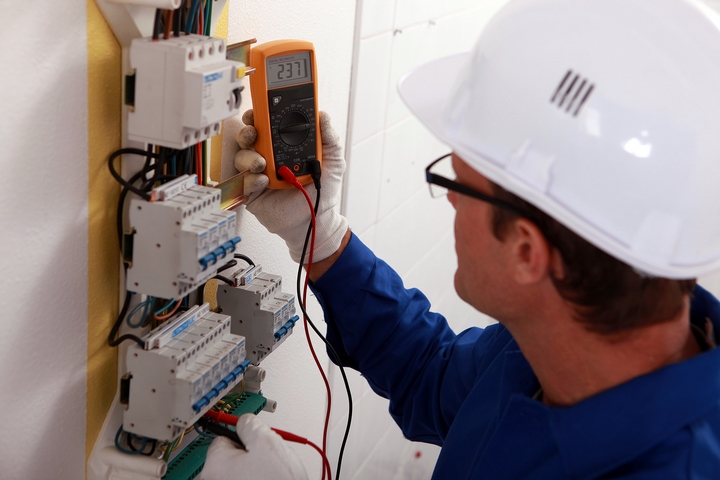While it’s easy to take electricity for granted, its inherent risks are often forgotten. Sometimes it takes the story of a friend or neighbour, or perhaps a close call of your own, before you think about the safety of electrical outlets and wiring in your home.
If you’ve been overlooking electrical safety in your home, you are not alone. Many Canadians live with damaged wires, exposed outlets and other fire hazards in their homes. Don’t worry, there are simple steps you can take to improve the integrity of the electrical systems in your house.
Follow these ten tips for electrical safety at home:
Tip #1: Look for electrical damage
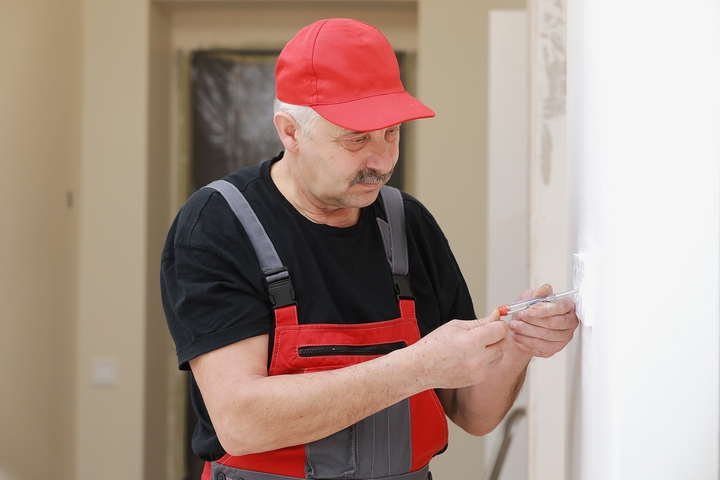
Do you have worn, peeling or damaged cords in your home? Perhaps old extension cords you’ve had for as long as you can remember or power cords the cat has managed to chew? Damaged power cords can cause sparks and electrical fires. To avoid this risk, throw away any damaged cords as soon as you notice them.
Tip #2: Check your outlets
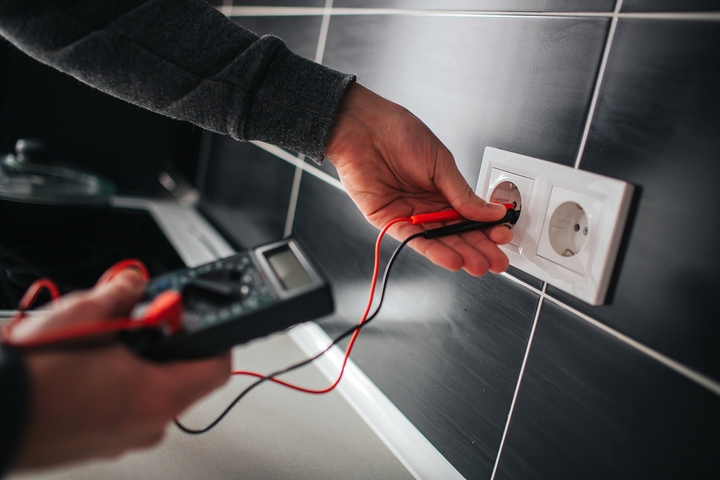
Have you ever plugged something in and noticed the outlet is warm, or even hot? This should be investigated by electricians as soon as possible, as it is usually a sign of faulty or dangerous wiring. In addition, it is important to never use an outlet with exposed wiring.
Tip #3: Protect your outlets
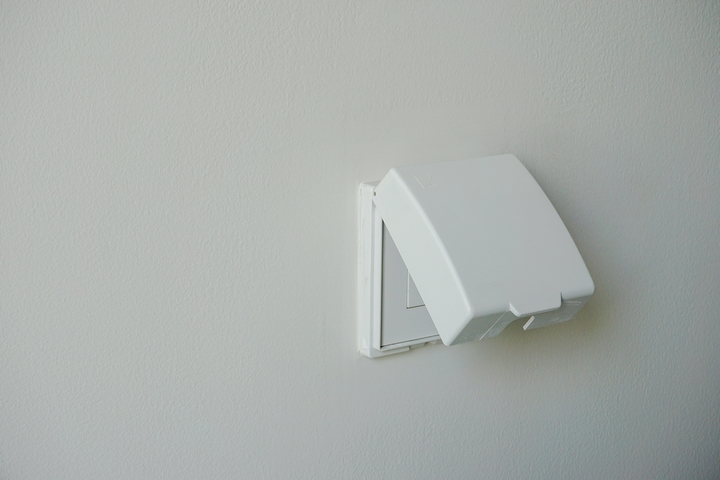
Protecting the outlets is another important tip for electrical safety at home. With so many devices and appliances in our homes, overloading electrical outlets is a common problem. Be sure to avoid overloading and, as a rule, only plug one heat-producing appliance into an outlet at a time. In addition, only plug major appliances directly into the wall, rather than into an extension cord or adapter.
Tip #4: Get the fuse right
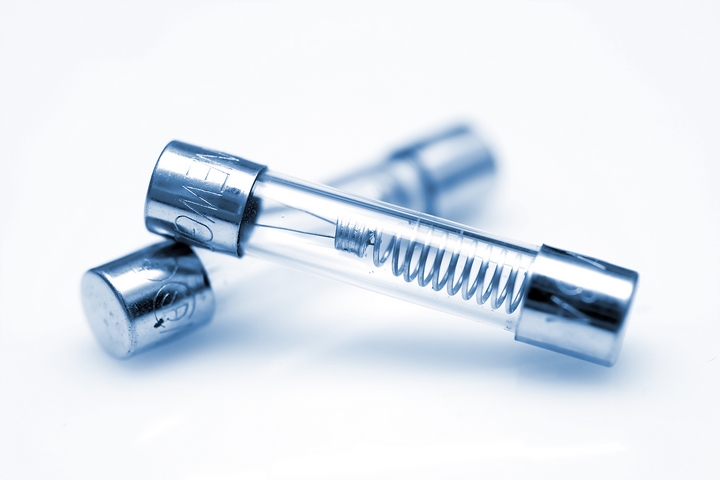
While plug fuses have generally been replaced by breaker panels, they can still be found in many older homes. If you need to replace a plug fuse, before you buy, make sure you get the size right. If you use a larger fuse by mistake, you might cause excessive currents to run through the wires—a known fire hazard.
Tip #5: Unplug
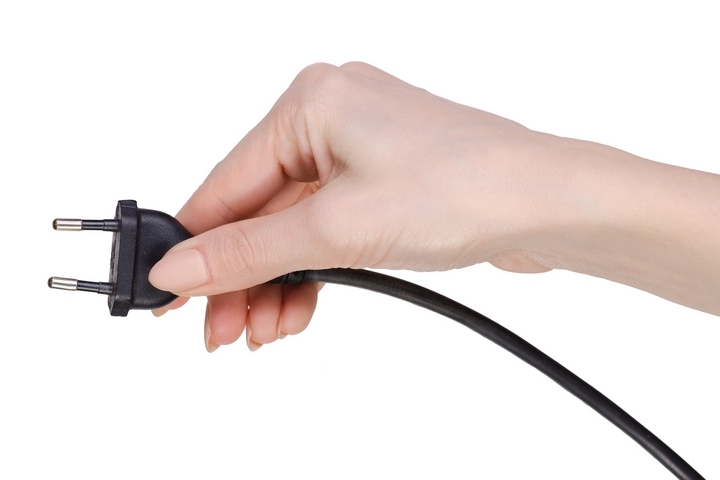
Did you know it’s a good idea to unplug appliances that are not in use? Not only is this a good way to save on your electricity bill, but it will also protect them from electrical surges, in the event of a power outage. This is particularly true for delicate electric devices such as computers, even if they are guarded by a power surge protector.
Tip #6: Don’t run cords all over
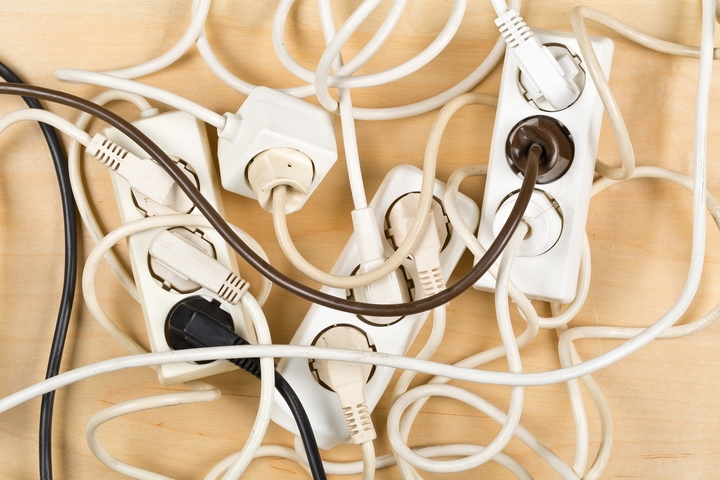
If your home has fewer outlets than you need, it can be tempting to run cords as a power supply to remote devices or appliances. The trouble with this plan goes beyond the tripping hazards you will create.
Running cords under carpets, rugs or even doors is a known fire hazard. Rather than stretch your electricity across the floor of your home, ask your electrician to install new power outlets so that you can plug in safely.
Tip #7: Stay away from water

While you’re likely aware that water and electricity should never be combined, it may be hard to see a hazard in the hustle of your day-to-day life. Keep any electrical appliances away from sinks in your kitchen or bathroom. Always keep them away from your bathtub, as well.
Tip #8: Turn off the electrical switches
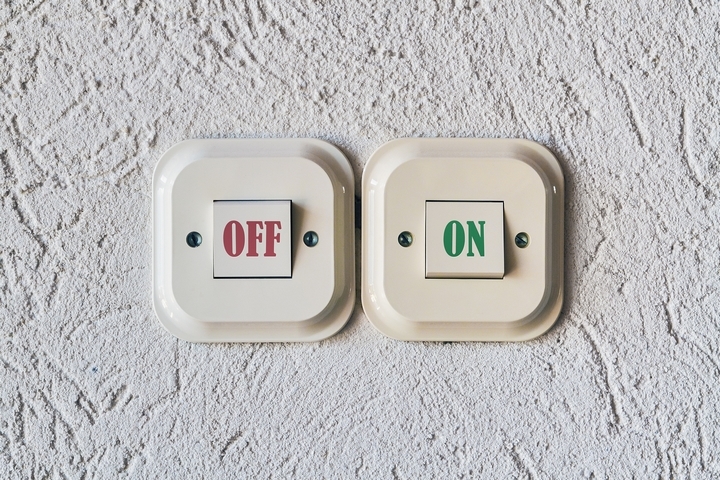
While it’s easy to forget when you’re in the middle of something or in a rush, it is important to hit the off switch before doing certain jobs. For your safety, make sure you turn off lights and switch off lamps before replacing a bulb. In addition, be sure to turn off small appliances such as hair dryers and toaster ovens before plugging them in.
Tip #9: Check your lights
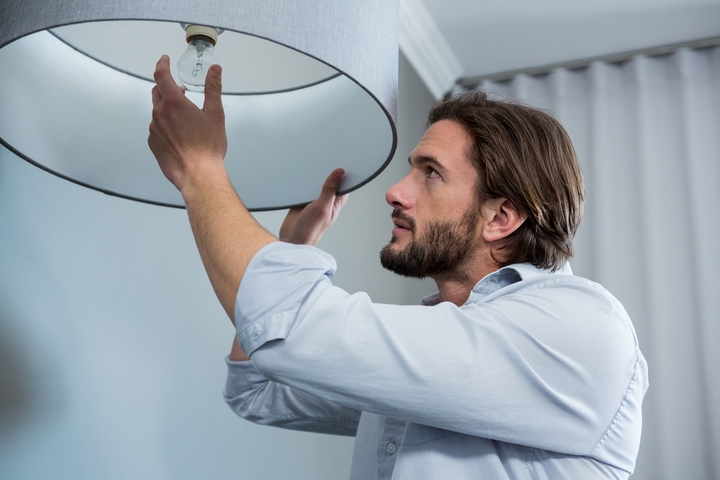
Every light has recommended wattage for safe use. Your lamps and light fixtures likely have a sticker to indicate the maximum wattage of bulbs that should be used. Using the right amount of wattage will keep your lamps and lights safe and will keep your bulbs burning for longer.
Tip #10: Let a professional have a look

When it comes to electrical safety, it can be hard to understand the dangers of something you can’t see. Sometimes, you’ve been looking at exposed wires or another electrical hazard for so long, you can’t recognize the danger in your own home. If you have doubts about the safety of your outlets or the wiring in your home, or if you simply want your outlets in more convenient locations, think about having an electrician to your home to conduct a safety audit.
We hope these tips on electrical safety at home have given you a few ideas to think about. Most people take home electricity for granted and are caught off guard when issues arise. If you have any concerns, it’s better to have them properly checked out than to live with fire hazards.

